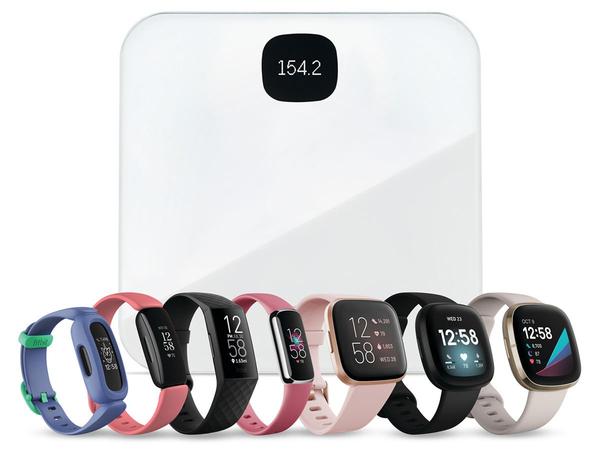There was a time when wearable fitness trackers meant a simple pedometer. But now, wearable fitness technology has advanced so significantly that there’s very little a tracker can’t do. And they’ve become incredibly popular and easily accessible.
All of the best fitness trackers can monitor activity, speed, steps, sleep, heart rate, blood pressure, and breathing. They analyze the data you provide when you wear them to encourage you to move more. You can also connect with friends who wear fitness trackers, to see how much activity they are getting in a day. They can even be worn underwater.
These trackers are now often an extension of our smartphones or computers, and, by proxy, an extension of us.
Wearing a fitness tracker can have indisputable health benefits, but sometimes the line between healthy use of a fitness tracker and an unhealthy obsession with the data and numbers can become blurred.
In the thick of my eating disorder, I could not stand to take off my Apple Watch to charge it. I was afraid that it would miss a random burst of activity and would prevent me from reaching my movement or standing goals. I paced my apartment at night attempting to close my rings and felt anxiety when I did not burn as many calories as I expected during a spin class. I checked my various stats again and again and again throughout the day.

It’s like a switch was gradually flipped. My wearable was no longer serving me—I was serving it. And despite what those numbers were telling me, my behavior was unhealthy.
Through conversations with fitness experts and eating disorder professionals, I learned this experience can be pretty common. For many, what starts as a positive influence on health can morph into a detrimental obsession, and even become a breeding ground for orthorexia.
Three experts I spoke with offered advice on how to maintain a healthy relationship with your wearable fitness trackers so that they keep you healthy, as intended.
First, Ask Yourself ‘Why?’When purchasing a fitness tracker, it’s important to ask yourself why you want to buy one, says Nadia Murdock, a fitness coach and barre instructor.
“Ask yourself: Why are you buying it? Are you looking for some sort of accountability? Are you looking for some guidance? Are you just buying it because it’s trending?” says Murdock.
Murdock says she once had a “toxic” relationship with her fitness tracker, and has since stopped using it. But if you do want one, a critical first step is reflecting on what you are looking to gain from wearing it.
And, she says—just like a workout or fitness class—it's important to find a tracker that works for you. “Make sure it has all the bells and whistles that fit your lifestyle,” she says. There are so many options to pick from now that you can find a fitness tracker with the specific features you want.
Katie Spada, a registered dietician who works with former athletes, says she personally wears an Apple Watch, and sees a lot of her clientele wearing fitness trackers, too.
